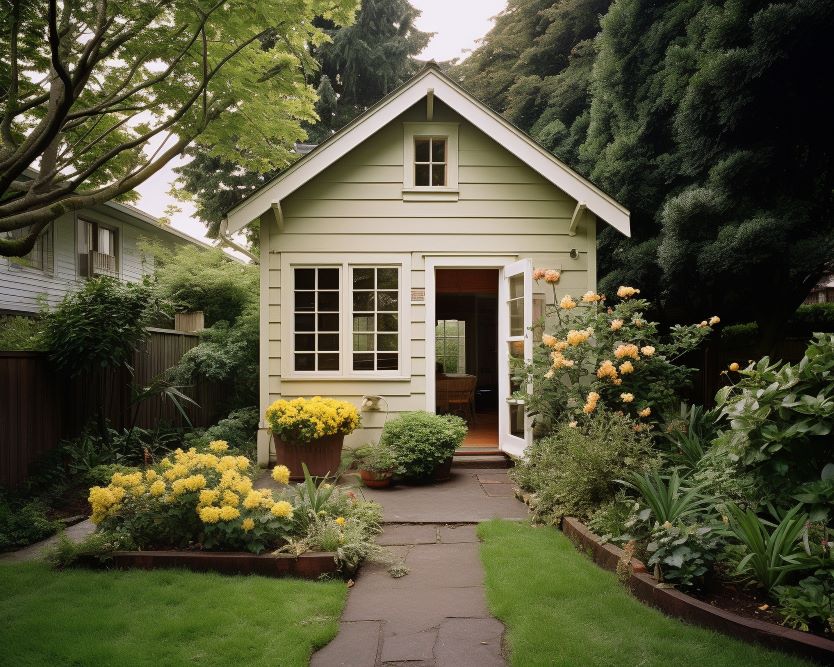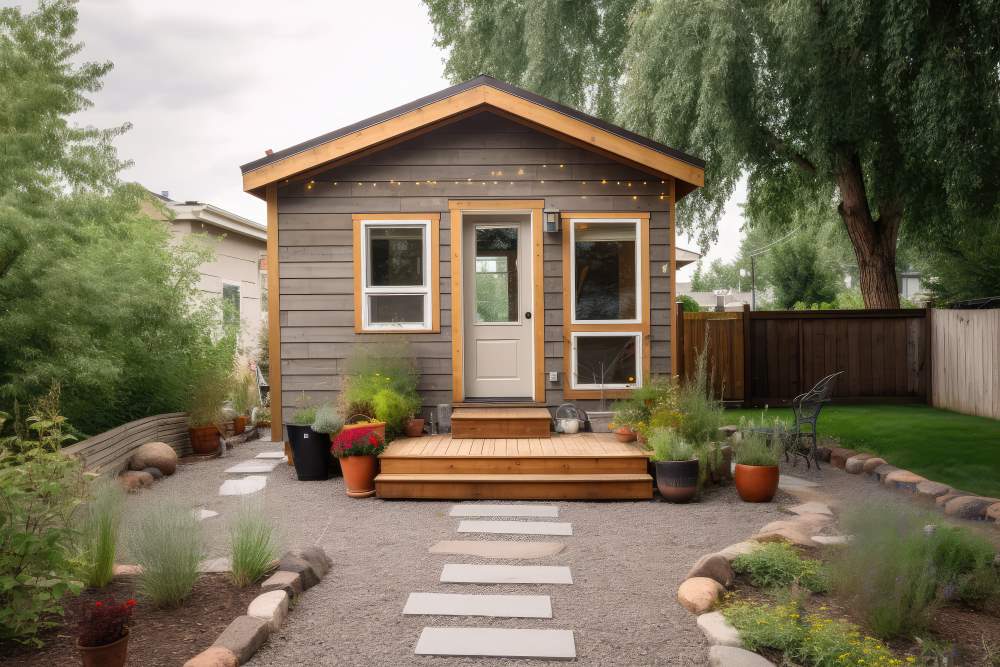As the Baby Boomer generation ages, the need for senior care solutions is rapidly increasing. Traditional nursing homes can be expensive and emotionally isolating for seniors. Fortunately, a new trend is emerging: Accessory Dwelling Units (ADUs), also known as granny flats or in-law suites, are being utilized as innovative solutions to provide medical help and support for aging loved ones.
The Challenges of Traditional Senior Care:
Many seniors value their independence and familiarity. Traditional nursing homes, while offering medical care, often require significant lifestyle changes and can feel impersonal. For adult children of aging parents, navigating senior care options can be a stressful and emotional experience.
ADUs: A Bridge Between Independence and Support:
ADUs offer a compelling alternative. Built on the same property as the primary residence, ADUs provide aging seniors with a dedicated living space that fosters independence while keeping them close to family. This proximity allows adult children to easily check in, offer assistance, and ensure their parents’ well-being.
Here’s how ADUs are being used to address senior care needs:
- Aging-in-Place Solutions: ADUs can be customized to accommodate seniors’ physical limitations. Wider doorways, bathroom grab bars, and slip-resistant flooring can be incorporated to create a safe and accessible environment. This allows seniors to remain in familiar surroundings for longer, potentially delaying the need for more intensive care facilities.
- Caregiver Suites: Adult children can utilize ADUs as dedicated living spaces when acting as primary caregivers for their parents. This physical separation allows for privacy and independence while ensuring close proximity for daily assistance and supervision.
- Live-in Care Integration: Some families choose to have live-in caregivers reside in the ADU. This arrangement provides seniors with 24/7 supervision while maintaining their own living space in the primary residence.
Medical Considerations and ADUs:
While ADUs are not replacements for skilled nursing care, they can be suitable for seniors with a range of medical needs:
- Chronic Conditions: Many seniors manage chronic conditions like diabetes or heart disease. The proximity of an ADU allows adult children to monitor medication schedules, offer support with daily tasks, and quickly respond to emergencies.
- Mobility Issues: As mobility declines, ADUs can be adapted with ramps, stair lifts, and accessible showers to accommodate seniors’ needs. Occupational therapists can provide guidance on modifying the ADU for optimal safety and functionality.
Technology and ADU Integration:
Technology can further enhance the use of ADUs for senior care:
- Telehealth Services: Virtual doctor appointments and consultations can be conducted remotely from the ADU, reducing the need for frequent travel to medical facilities.
- Medical Alert Systems: Wearable devices and in-home sensors can provide real-time monitoring of vital signs and send alerts in case of falls or emergencies, offering peace of mind to both seniors and their families.
Planning an ADU for Senior Care:
Careful planning is essential when utilizing an ADU for senior care:
- Safety First: Prioritize safety features like grab bars, non-slip flooring, and proper lighting to minimize fall risks.
- Accessibility Considerations: Ensure doorways are wide enough for wheelchairs or walkers, and consider installing ramps or stairlifts if needed.
- Universal Design Principles: Incorporate design elements that cater to a wide range of abilities, making the ADU adaptable to future needs.
ADUs: A Promising Future for Senior Care:
ADUs are a promising solution for transforming senior care. They offer a balance between independence and support, allowing seniors to age gracefully while staying close to loved ones. By incorporating safety features, technological advancements, and careful planning, ADUs can provide a comfortable and secure environment for seniors with a range of medical needs.


